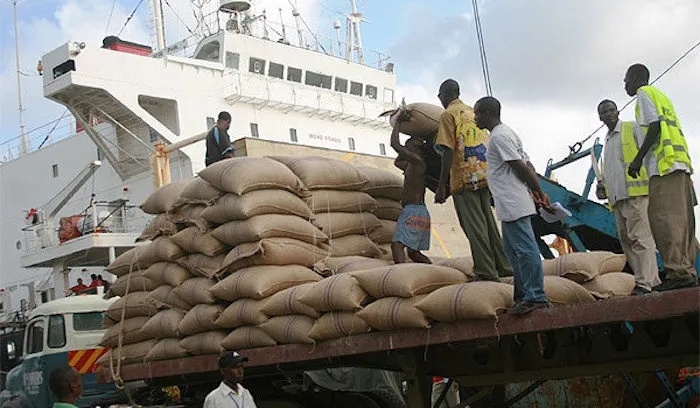Nigeria Customs Service Announces Zero Duty Rate on Basic Food Items to Alleviate Food Costs

The Nigeria Customs Service (NCS) has unveiled new regulations effective from July 15, 2024, to ease the financial burden on Nigerians grappling with high food prices.
This policy, announced by President Bola Ahmed Tinubu and coordinated by the Minister of Finance and Coordinating Minister of the Economy, Olawale Edun, introduces a Zero Percent Duty Rate (0%) and Value Added Tax (VAT) exemption on select basic food items.
The initiative, which will remain in effect until December 31, 2024, is designed to make essential commodities more affordable, thereby addressing the escalating cost of living in the country.
This measure aligns with the government’s ongoing efforts to enhance food security and ensure accessibility to vital foodstuffs for all Nigerians.
Under the new policy, the following food items will benefit from the zero-duty rate:
– Husked Brown Rice (HS Code 1006.20.00.00) previously taxed at 30%
– Grain Sorghum – Other (HS Code 1007.90.00.00) previously taxed at 5%
– Millet – Other (HS Code 1008.29.00.00) previously taxed at 5%
– Maize – Other (HS Code 1005.90.00.00) previously taxed at 5%
– Wheat – Other (HS Code 1001.19.00.00) previously taxed at 20%
– Beans (HS Code 0713.31.90.00) previously taxed at 20%
The policy stipulates that to qualify for zero-duty importation, companies must be Nigerian-incorporated, operational for at least five years, and compliant with tax and statutory obligations.
Additionally, specific requirements apply based on the type of food item being imported.
For instance, companies importing husked brown rice, grain sorghum, or millet must own a milling plant with a minimum capacity of 100 tons per day and possess sufficient farmland for cultivation.
Those importing maize, wheat, or beans must be agricultural firms with substantial farmland or be agro-processing entities with established out-grower networks.
To ensure proper distribution, the Federal Ministry of Finance will provide the NCS with a list of approved importers and their quotas.
At least 75% of the imported items must be sold through recognized commodities exchanges, with comprehensive records maintained for compliance verification.
Failure to adhere to these requirements will result in the loss of waivers and the imposition of VAT, levies, and import duties, alongside penalties for exporting the items outside Nigeria.
Comptroller General of Customs, Bashir Adewale Adeniyi, MFR, affirmed the NCS’s commitment to supporting government policies aimed at boosting food security and economic stability.
He urged all stakeholders to fully cooperate with the initiative to benefit the entire nation.
The announcement was signed and issued by the Chief Superintendent of Customs and National Public Relations Officer, Abdullah Maiwada.







